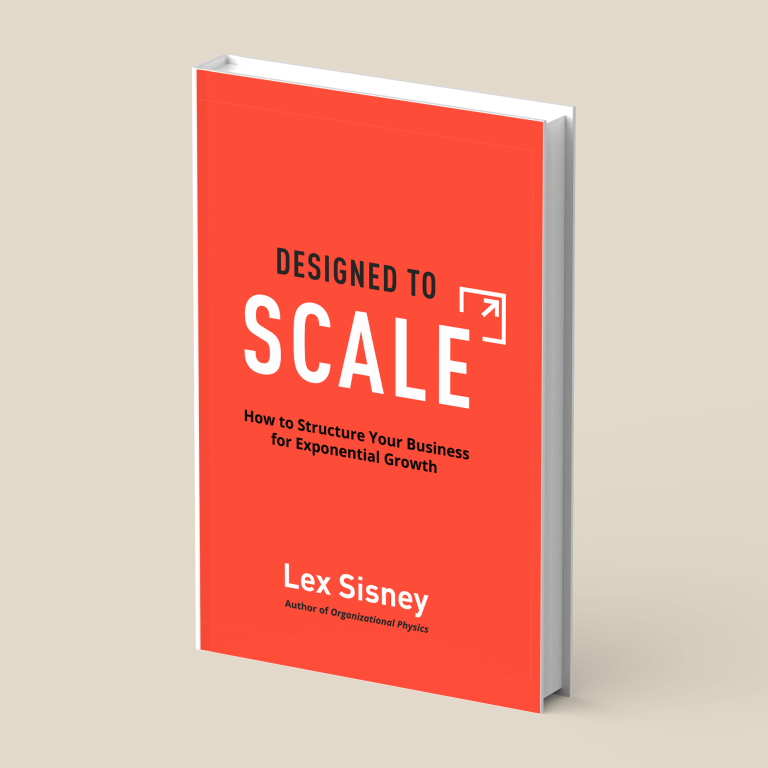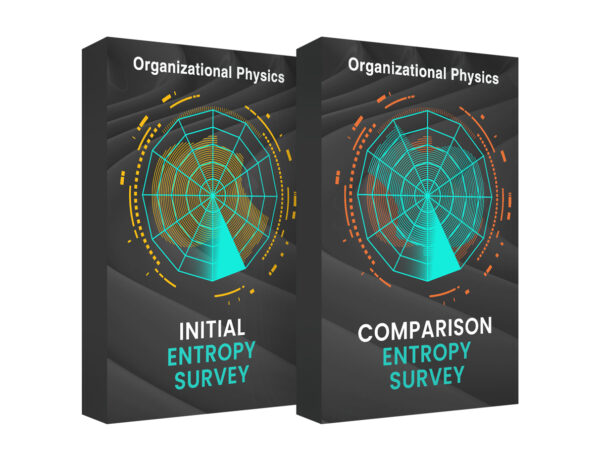
Designed to Scale Book Launch Announcement
Buy on Kindle Buy Hardcover (Available on Lulu immediately. Available as a hardcover on Amazon in March 2022). Buy on Audible (audio book coming March 2022) I greatly appreciate your helpful Amazon book reviews if you deem this work worthy.







